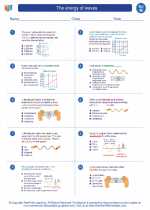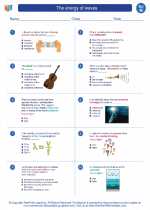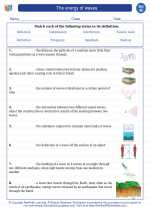Plantae
The Plantae kingdom is made up of multicellular, eukaryotic organisms that are typically green in color due to the presence of chlorophyll. They are autotrophic, meaning they produce their own food through the process of photosynthesis. Plants play a crucial role in the ecosystem by producing oxygen and serving as the base of the food chain.
Characteristics of Plants:
- Cell wall made of cellulose
- Presence of chlorophyll for photosynthesis
- Reproduction through spores or seeds
- Most plants have roots, stems, and leaves for structure and nutrient uptake
- Life cycle typically includes alternation of generations
Classification of Plants:
Plants are classified into several groups based on their characteristics:
- Bryophytes: Non-vascular plants such as mosses and liverworts.
- Seedless Vascular Plants: Vascular plants that reproduce via spores, including ferns and horsetails.
- Gymnosperms: Plants with naked seeds, such as conifers and cycads.
- Angiosperms: Flowering plants with enclosed seeds, including most familiar plants such as trees, flowers, and grasses.
Importance of Plants:
Plants provide numerous benefits to humans and the environment, including:
- Oxygen production through photosynthesis
- Food source for humans and animals
- Medicinal properties
- Carbon sequestration and soil stabilization
- Support for diverse ecosystems
Study Tips:
To study the topic of Plantae effectively, consider the following tips:
- Understand the process of photosynthesis and its significance.
- Learn the characteristics and life cycles of different plant groups.
- Explore the economic and ecological importance of plants.
- Review diagrams and illustrations of plant structures and reproductive processes.






